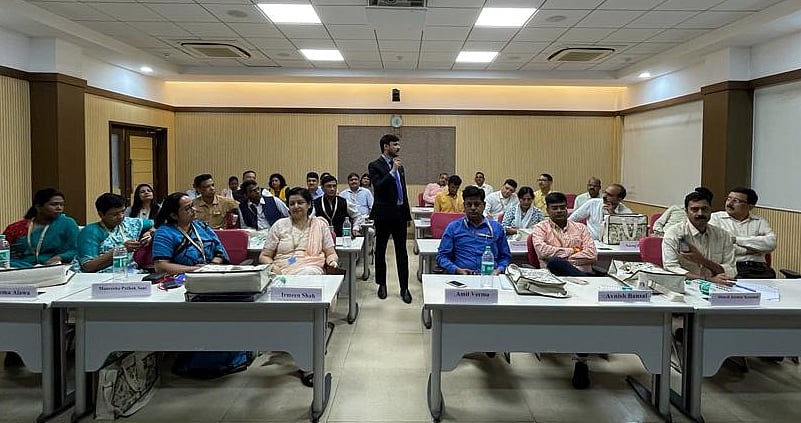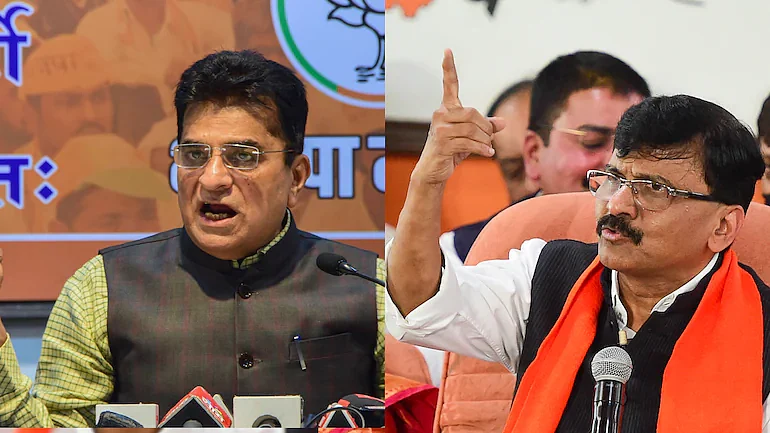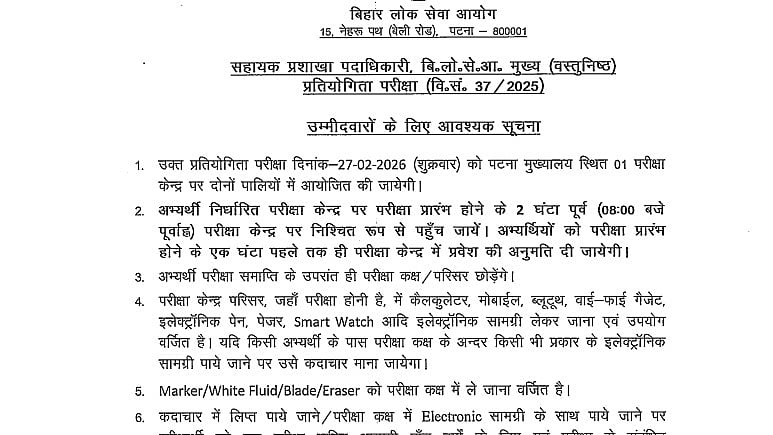Bhopal(Madhya Pradesh):Behavioural and leadership skills for managing people play a pivotal role in the daily grind of police officers and during special projects or operations requiring them to assemble, lead and empower a diverse and robust task force.
Keeping in view, the need of police officers to hone and sharpen their people management skills of additional SPs, RCVP Noronha academy of administration and police headquarters Bhopal, organised a training session on people management on Thursday, as per officials.
The session was a part of the mid-career training program for the additional SPs. Naveen Krishna Rai, manager, government affairs, IIM Indore, was the resource person for the session, as per officials.
The session familiarized the officers with the vital aspects of people management. It explored a diverse set of management theories and models describing and prescribing the approaches to managing people within and outside their team, department and organization and understanding how people make their decisions.
Elaborating upon how people make decisions, the underlying imperatives to understand people better were deliberated upon, which states that people have their self-beliefs. People tend to resist information that is contradictory to the self-belief.
With the help of prospect theory, participants were told that people value gains and losses differently, placing more weight on perceived gains vs perceived losses. An individual will often pick the option of having perceived gains.
For managing people within one's organization, theories of motivation like the Heisenberg two-factor theory, vrooms model of expectancy, and the theory of situational leadership were discussed.
The participants were advised to consider the significance of the hygiene factor and to ensure that reward and recognition practices should be crafted carefully by deliberating upon their perceived value for an individual to be motivated.
For dealing with people outside the organization, essential concepts like the overtone window and the bridge experiment were expounded upon.





